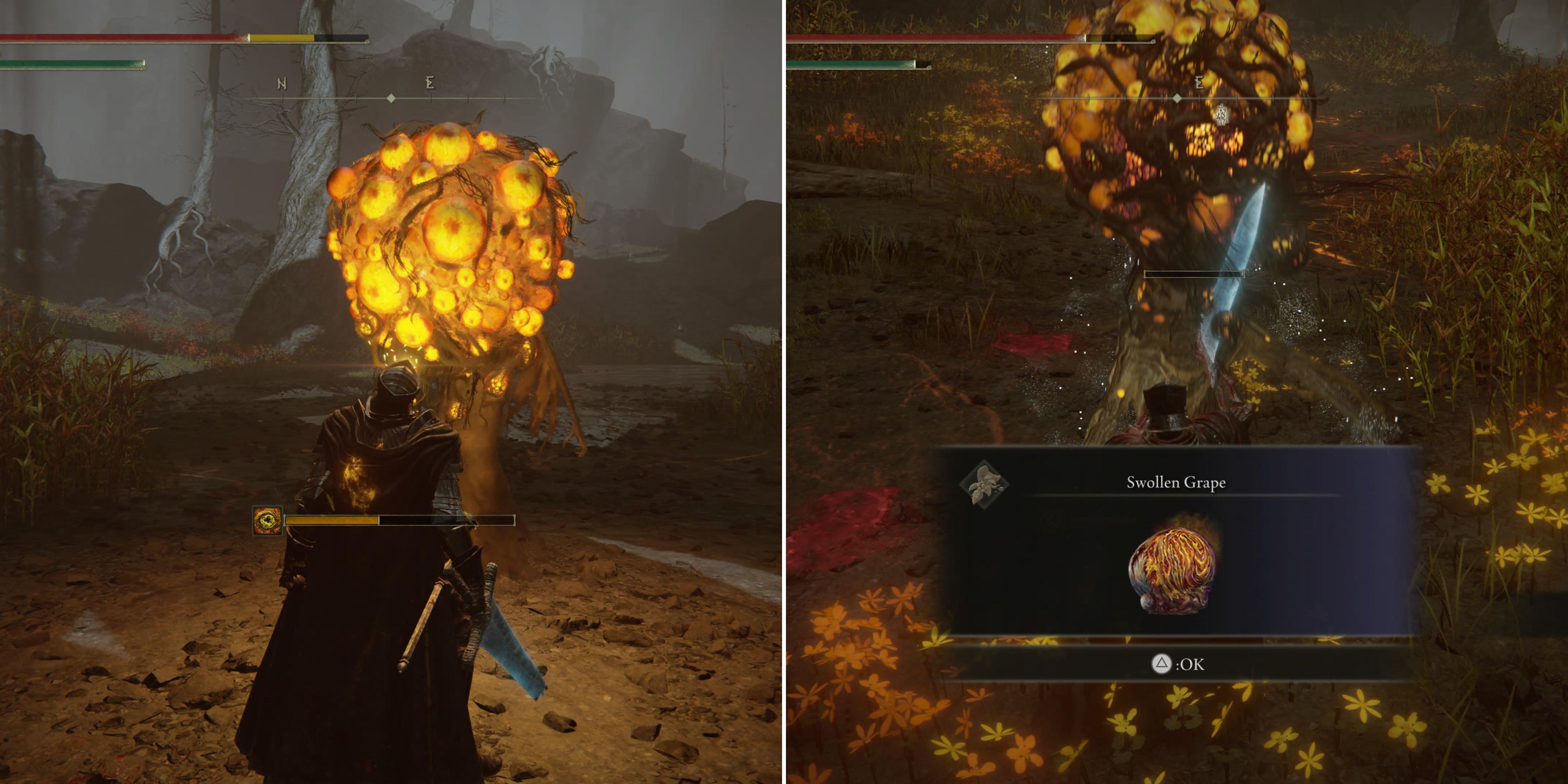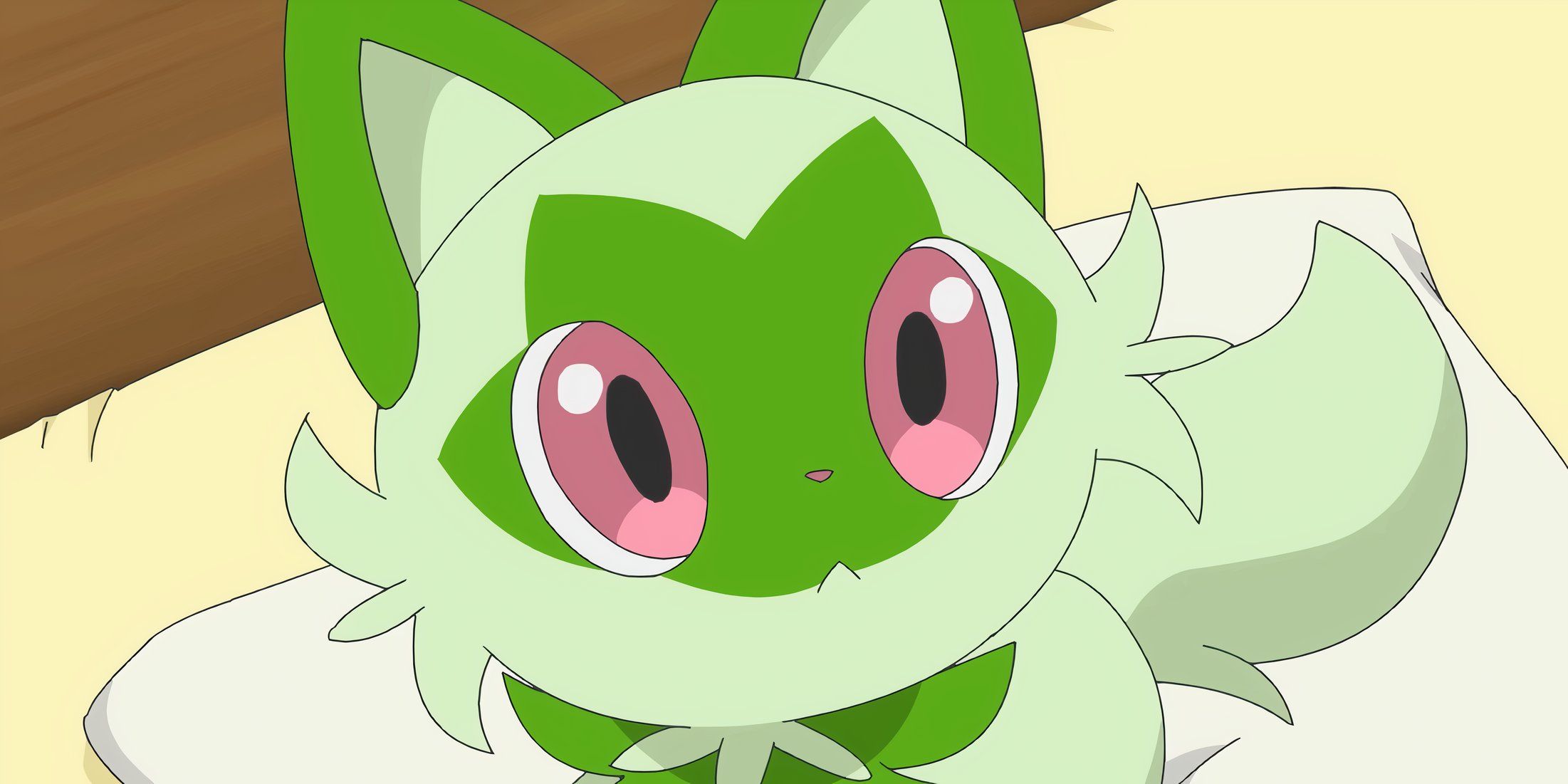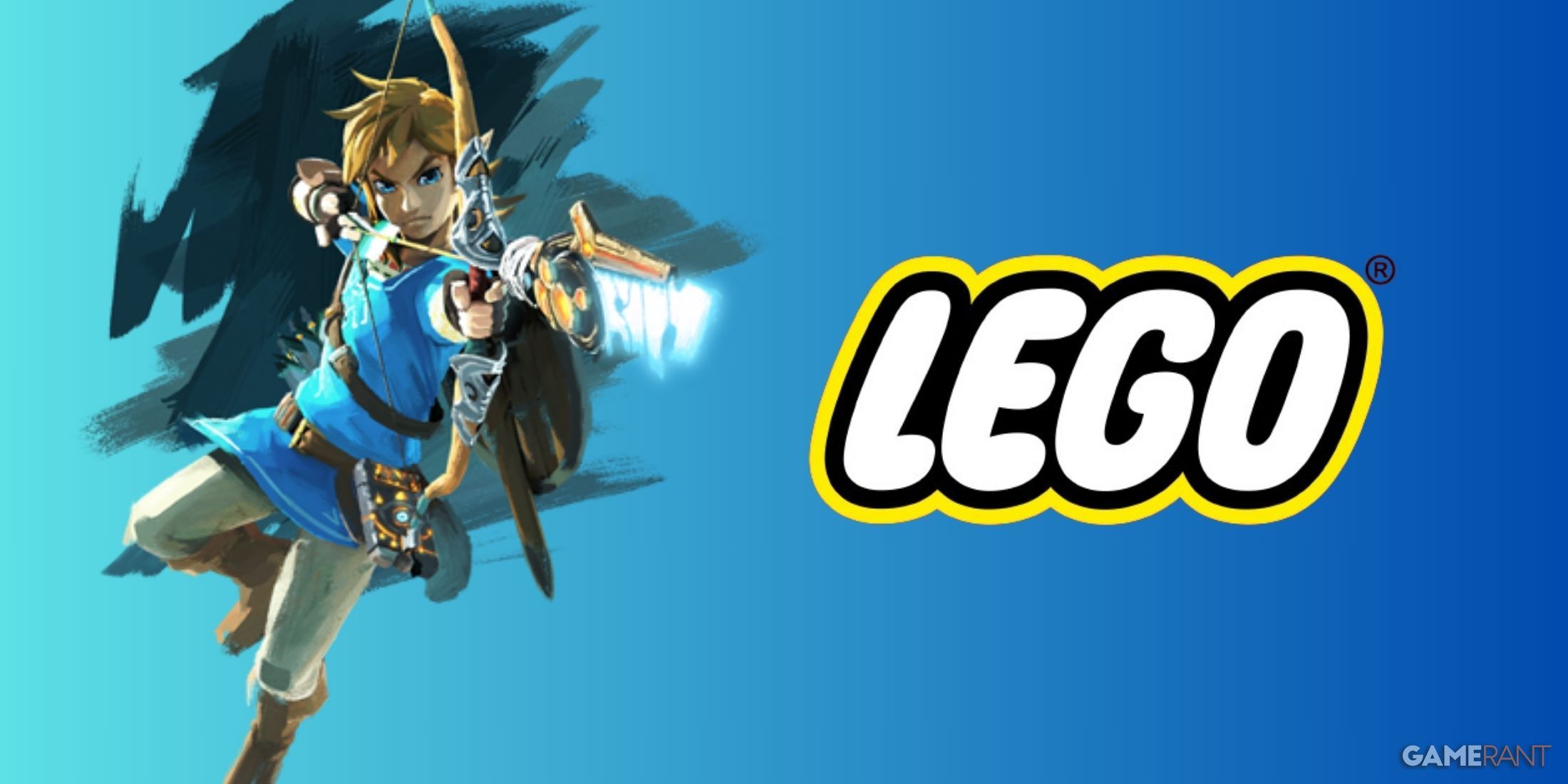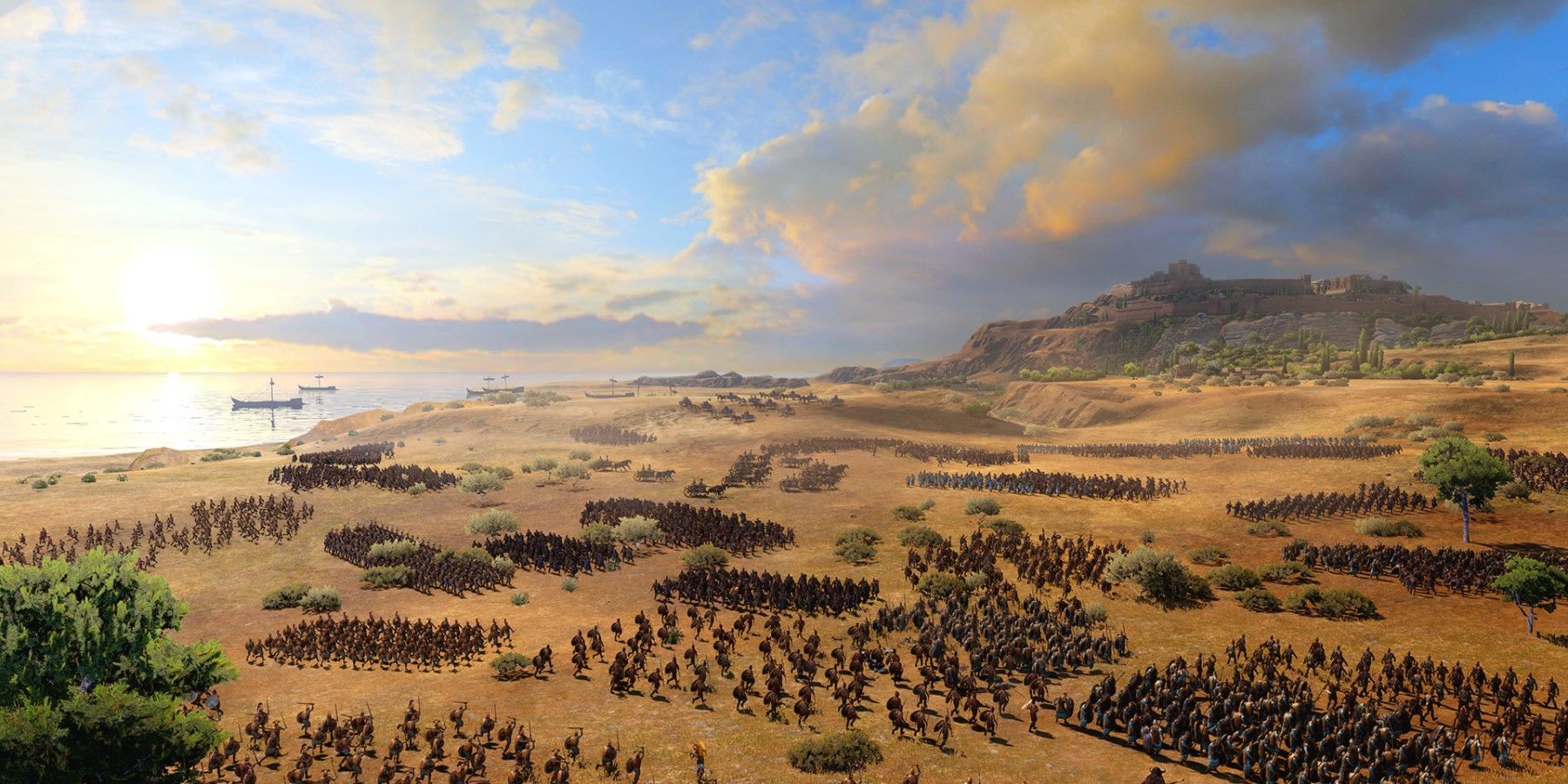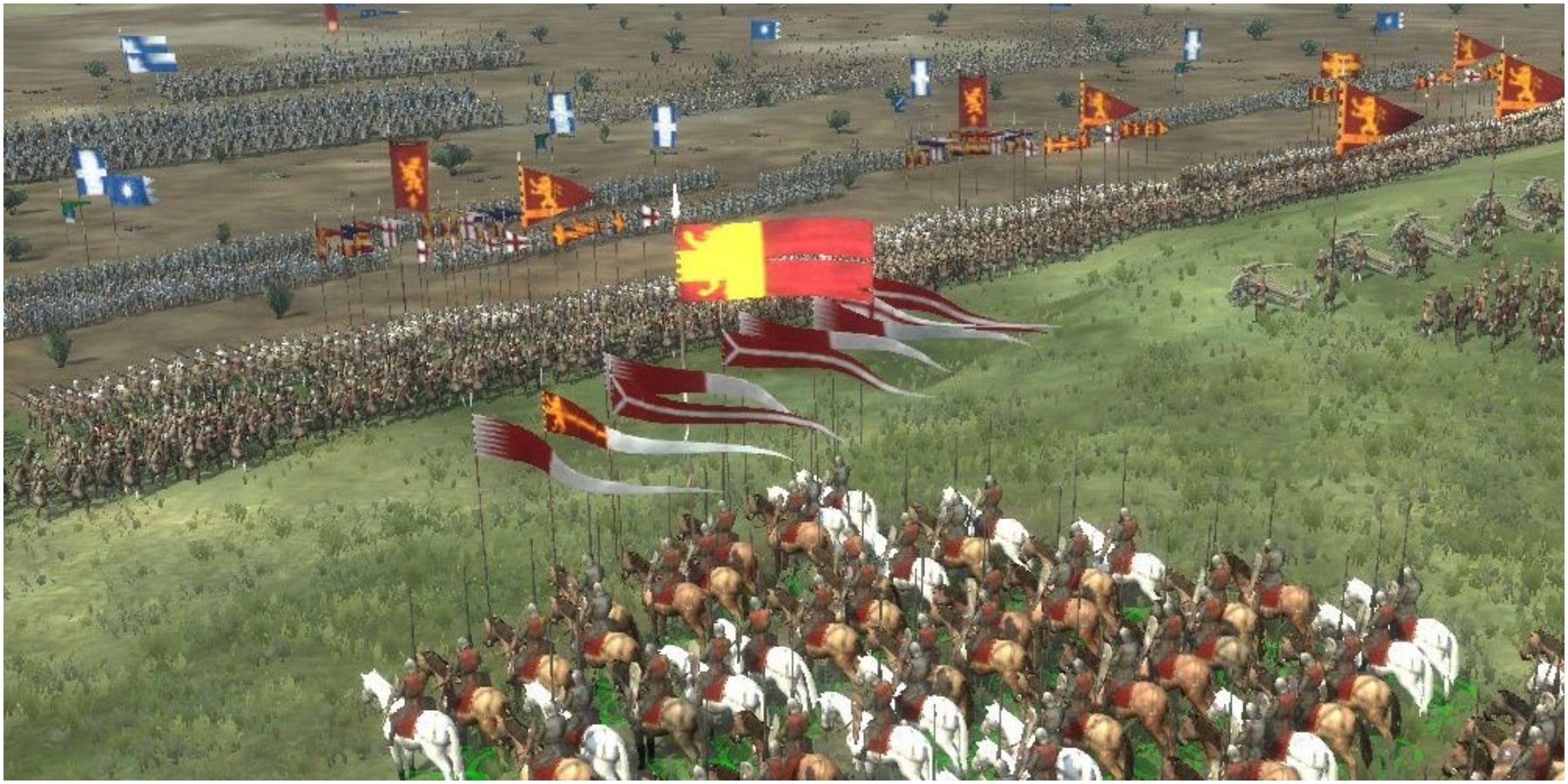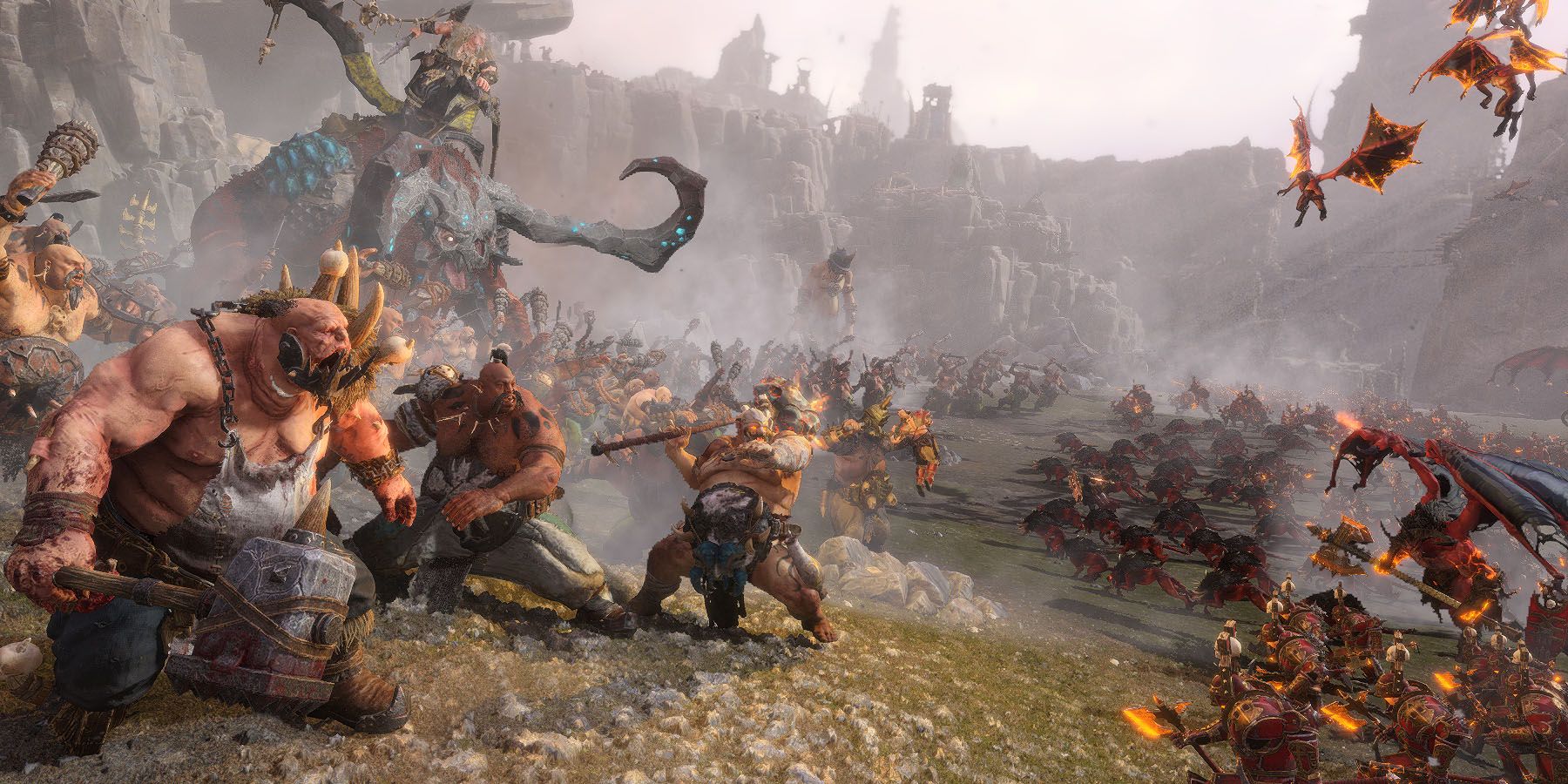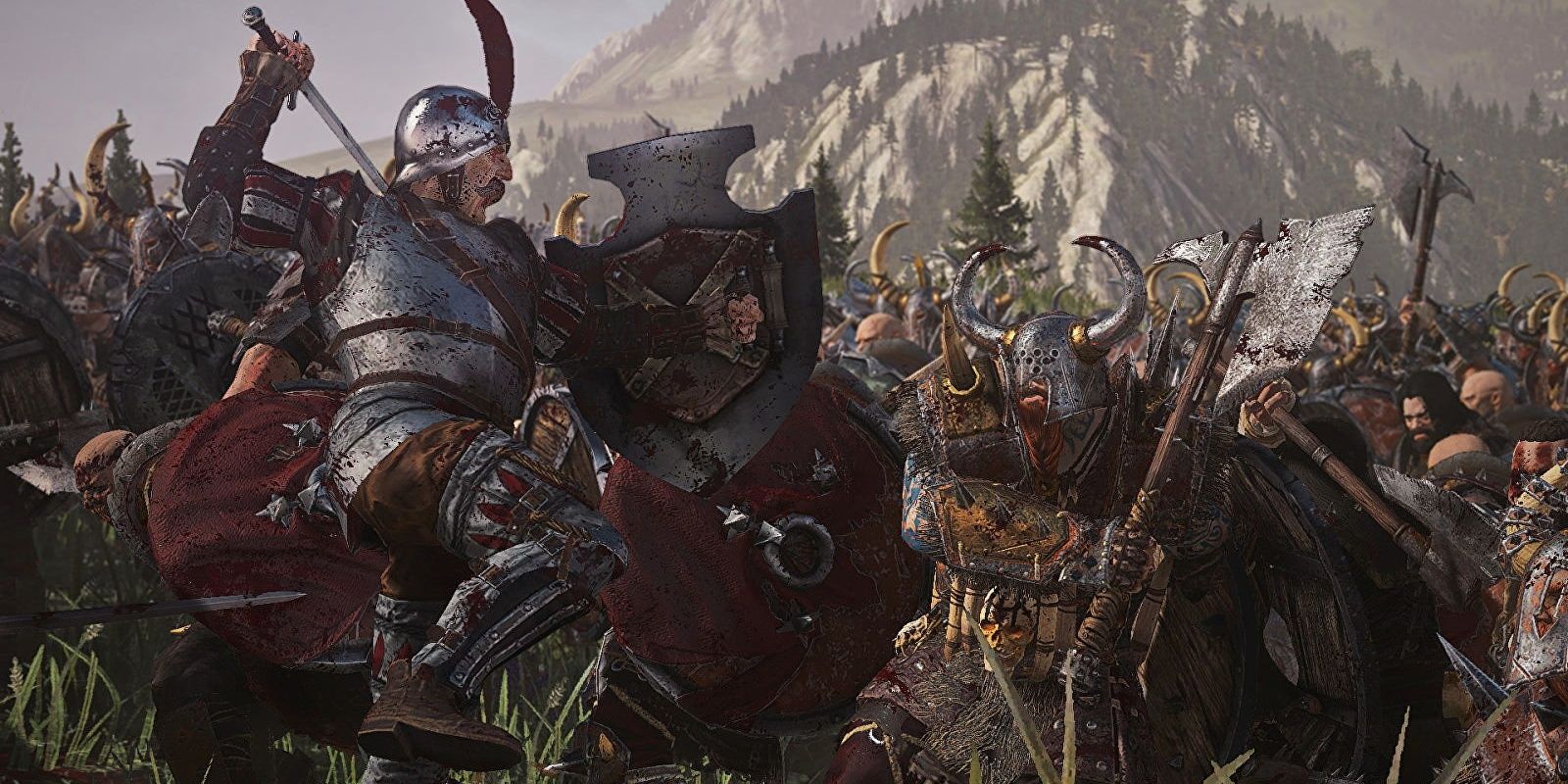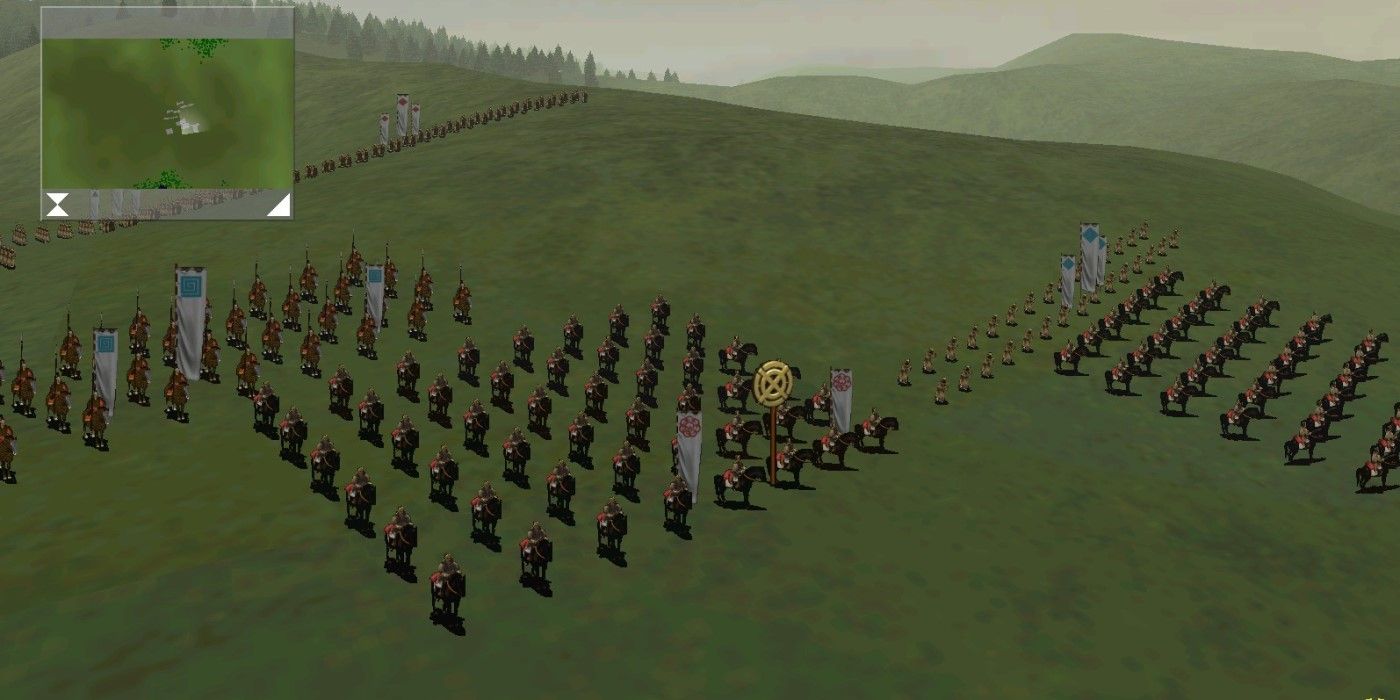The Total War series from Creative Assembly is one of the most celebrated franchises in the strategy genre, combining turn-based and real-time gameplay to create layers of tactical and strategic decision-making. Launching with Shogun: Total War back in summer 2000, Total War has since released 15 major titles, covering 7 periods of history, as well as taking a dive into fantasy with the Total War: Warhammer series.
All of the Total War games received positive reviews from critics upon release, and a few have even managed to win critical acclaim. However, fan opinion will always remain divided on which titles are truly the best examples of the franchise, and which should be consigned to history.
S-Tier
Total War: Medieval 2: Released in 2006, Medieval 2 marked a major turning point in the Total War series. Although the game returned to the 11th to 15th century timeframe from the original Total War: Medieval, it massively expanded on Medieval's core features. On top of more diverse factions and armies, Medieval 2 featured more diplomacy options, an improved UI, smarter AI, and better balance in battles. These improvements and a well-polished finish helped to cement Total War: Medieval 2's place as one of the fan-favorite Total War titles, with many players still returning to it 15 years later. Contributing to this long life-span, Medieval 2 is also one of the most heavily-modded Total War titles. Mods range from minor additions to complete reworks, with some of the most popular being the remake Stainless Steel, and the Lord of the Rings conversion Third Age: Total War.
Total War: Warhammer 2: Total War: Warhammer may have been the series' first foray into fantasy, but it took until Warhammer 2 to show what the collaboration with Games Workshop could really do for Total War. As well as a slew of quality-of-life improvements, Warhammer 2 featured something never before seen in a Total War game, a campaign that combined the content of two different titles. Combining the maps and factions of Warhammer 1 and Warhammer 2 into a single, gigantic sandbox campaign called Mortal Empires, Warhammer 2 allowed an unprecedented level of replayability, as well as a world that felt both dynamic and familiar.
Total War: Shogun 2: In 2011, Creative Assembly brought players back to the series' original setting in Total War: Shogun 2. The return to 16th century Japan was an immediate hit with fans and critics alike, praised for its refinement of the classic Total War gameplay as well as its immersive setting. Following on from the continent-spanning maps of Empire and Napoleon, many players appreciated the return to a narrower focus, where local politics, resource management, and settlement building became much more important.
A-Tier
Total War: Warhammer 3: Despite some lingering difficulties with its story campaign and settlement battles, Total War: Warhammer 3 represents the culmination of the Total War: Warhammer trilogy. As well as a slew of quality-of-life improvements, Warhammer 3 expanded Mortal Empires into Immortal Empires, a truly vast sandbox campaign featuring hundreds of playable factions and three continents worth of conquest. With bugs still being ironed out and its first DLC on the horizon, Warhammer 3 seems on the verge of joining its predecessor in S-Tier.
Total War: Three Kingdoms: Total War: Three Kingdoms brought the main series to a brand-new historical setting for the first time since 2009's Total War: Empire. Set during the fall of the Han Dynasty in 2nd century China, the game is based on the legendary Romance of the Three Kingdoms. For the first time, Three Kingdoms allowed players to choose between the semi-fantastical Romance mode, where legendary heroes can defeat hundreds of ordinary soldiers, or the more realistic Records mode. The game also featured the most in-depth and satisfying diplomacy and espionage mechanics in the Total War series, a massive improvement that many fans hope will return in the next major historical title. Total War games have always been focused on conquest above all, but the robust diplomacy of Three Kingdoms showed players another way to approach their goals.
Total War: Rome 2: Despite a bug-filled initial release, Total War: Rome 2 has grown into one of the best historical titles in the Total War series. Featuring an expanded map that stretched from Ireland to Pakistan, Rome 2 also came with improved internal politics within its playable factions, more diplomacy options, smarter AI, and better camera options for cinematic battles. The game also expanded on the character and army customization from Shogun 2, with sprawling skill-trees and the ability to assign traits to armies and weaponry to legions.
B-Tier
Total War: Warhammer: The original Total War: Warhammer was a landmark title for the Total War series, marking the first time that the franchise stepped away from real history and into fantasy. The lore-rich world of Games Workshop's Warhammer Fantasy tabletop wargame was an ideal pairing with Total War, boasting dozens of unique factions, each ready-made with infantry, cavalry, heroes, and monsters. These diverse factions made Total War: Warhammer one of the most replayable games in the series, with the addition of magic adding an extra tactical layer onto the real-time battles.
Total War: Rome: The original Total War: Rome was the first game in the franchise to receive critical acclaim, and represented a honed version of the classic Total War gameplay that had been pioneered by Shogun and Medieval. One of the biggest and most popular changes was the 3D campaign map, which also featured free map movement instead of province-based hopping. This helped shift the Total War series away from its original tabletop inspiration, and helped to solidify its position as an innovative strategy franchise.
Total War: Napoleon: Just as Warhammer 2 refined the new Total War setting from Warhammer 1, Total War: Napoleon polished the setting and gameplay of Total War: Empire. Napoleon shrunk the world-spanning scale of Empire down into the wars of Europe in the early 19th century, featuring four narrative campaigns covering Napoleon's military career. The game also featured numerous technical and gameplay enhancements that raised it above its direct predecessor, including a new physics system, simulated attrition, and improved AI.
C-Tier
Total War Saga: Troy: As the most recent historical Total War title, Troy has had difficulty living up to the classics of the series. Part of this problem stems from Troy's status as a Total War Saga game, a subseries that is smaller, shorter, and more focused than the main Total War titles. As a Saga game, Troy hasn't received the care and attention of the larger games in the series, leaving several issues unfixed since launch, including poor unit pathing and collisions. Despite this, Troy stays out of D-Tier thanks to some of its innovative features on the campaign map, such as the barter system, improved diplomacy, and the favor of the gods.
Total War: Attila: Just as Napoleon refined and focused the gameplay of Empire, Total War: Attila does the same for Rome 2. Set during the 4th century, Attila features a more narrative campaign than Rome 2, with major events such as the Hun invasions and Migration Period playing out as the campaign progresses. Despite some of the best battlefield mechanics in the historical Total War series, Attila's campaign suffers from some fairly major balance issues, including poorly-designed technologies and an opaque and punishing corruption system.
Total War: Empire: Total War: Empire was the first Total War game to truly embrace gunpowder warfare, with the line infantry, cannon, and cavalry of the Napoleonic period. It also boasted substantial naval combat, with great navies able to dominate oceans across the world-spanning campaign map. Unfortunately, Empire was also fraught with bugs and problems, including some major AI issues that made siege gameplay almost unplayable. A lot of these difficulties came from the new Warscape engine, which forced the developers to simplify many of the features that had become staples of the series.
D-Tier
Total War: Shogun: The original Total War title launched in 2000, introducing the world to the series' unique blend of turn-based strategy and real-time tactics. Set in the Sengoku Jidai "Warring States" period of feudal Japan, the game had players take on the role of a local Daimyo in an attempt to unify the nation. Although well-received at the time, Shogun has extreme difficulty running on modern computers, leading to numerous bugs and glitches. Additionally, its extremely early prototype of the classic Total War system is missing many essential features and quality-of-life improvements, making it difficult to recommend in 2022.
Total War: Medieval: Just like Total War: Shogun, Total War: Medieval represents the first, faltering steps of the Total War series. Medieval's new setting and updated gameplay ensured the franchise's future after the niche success of Shogun, offering a refined and polished experience. Despite these improvements, Total War: Medieval shares Shogun's problems with modern computers. Bugs and glitches make the game difficult to enjoy in 2022, and missing features will be immediately obvious to any fan of the later Total War titles.
Total War Saga: Thrones of Britannia: The first Total War Saga game, Thrones of Britannia is set in the British Isles in the 10th century, and features a hyper-focused campaign based on local cultures and politics. Unfortunately, Britannia suffers from many of the issues found in its fellow Saga game Troy. These include unfixed bugs, experimental gameplay design that didn't mesh with the Total War system, and a general lack of polish. On top of these issues, many players were upset with the game's lack of replayability when compared with other modern Total War games. The differences between factions were largely cosmetic, and the campaign map and timeframe was too small to allow for deep strategic decisions.
Total War: Warhammer 3 is available for PC.

